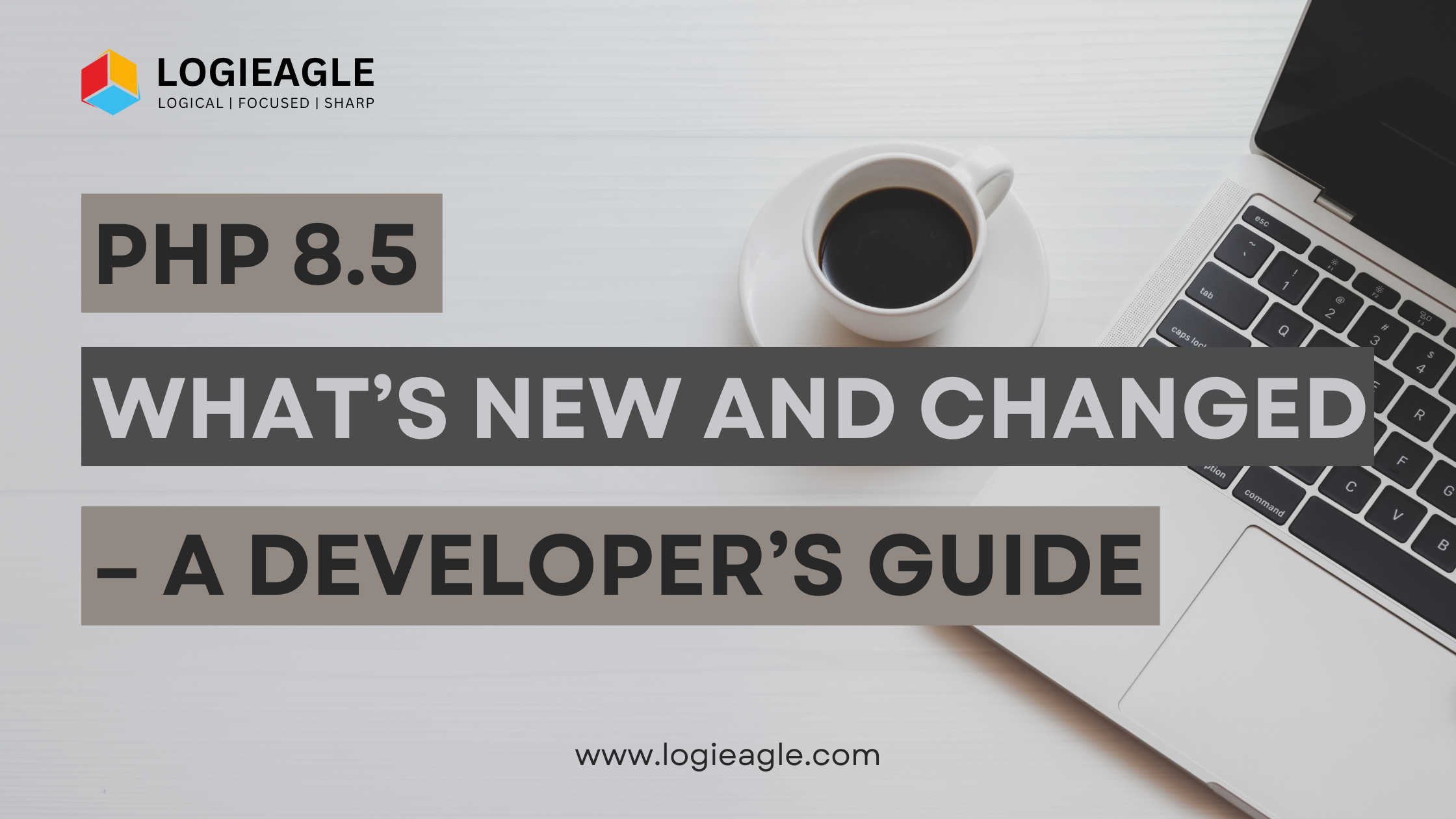
How SMEs Are Saving Thousands with Excel VBA Automation
Excel VBA automation is changing the way small and medium-sized businesses (SMEs) manage their everyday tasks. This powerful tool combines Excel’s user-friendly interface with Visual Basic for Applications (VBA) programming to automate repetitive processes, streamline workflows, and eliminate manual data entry.
What is VBA Automation?
VBA automation is like having a virtual employee who can perform complex Excel tasks at the push of a button. Whether it’s generating reports or processing data, these automated solutions work tirelessly in the background while your team focuses on more important strategic initiatives.
The Benefits of VBA Automation for SMEs
The impact of Excel VBA automation on SMEs’ finances is significant:
- Lower labor costs: With automated data processing, businesses can reduce the need for manual work and save money on labor expenses.
- Fewer human errors: Critical calculations are prone to mistakes when done manually. By automating these tasks, SMEs can minimize errors and ensure accurate results.
- Faster workflow completion: Automated processes are typically faster than manual ones. This means that tasks can be completed more quickly, leading to increased productivity and efficiency.
- Improved data accuracy: When multiple departments rely on accurate data for decision-making, any discrepancies can have serious consequences. VBA automation helps maintain consistent and precise data across different teams.
Potential Cost Savings from Excel VBA Automation
According to research, SMEs have the potential to save between $10,000 and $50,000 each year by implementing Excel VBA automation. These savings come from:
- Reduced time spent on manual processing
- Fewer instances of error correction
- Enhanced operational efficiency
Why Choose Excel VBA Automation?
One of the biggest advantages of Excel VBA automation is its accessibility and cost-effectiveness. Unlike other solutions that require hiring expensive developers or investing in complex software systems, this tool leverages existing resources—Excel spreadsheets and basic programming skills to drive efficiency.
This makes it an ideal choice for SMEs looking to optimize their daily operations without breaking the bank.
The Challenge of Manual Excel Tasks for SMEs
Manual Excel tasks create significant bottlenecks for SMEs, draining valuable resources and hampering productivity across departments. Research shows employees spend between 30 minutes to 3 hours daily on repetitive Excel tasks – time that could be better invested in strategic initiatives and business growth.
The impact of these manual processes is particularly evident in:
- Data Entry and Validation: Staff members spend countless hours inputting data and checking for errors
- Report Generation: Creating weekly or monthly reports requires extensive copy-pasting and formatting
- Financial Calculations: Manual computation of complex financial formulas increases error risks
- Document Updates: Maintaining multiple spreadsheet versions leads to inconsistencies
Key departments facing these challenges include:
- Finance teams processing invoices and reconciliations
- HR departments managing employee data and payroll calculations
- Sales teams updating customer information and forecasts
- Marketing departments tracking campaign metrics
- Operations teams handling inventory management
The true cost extends beyond just time investment. Manual Excel tasks lead to:
- Reduced Accuracy: Human error rates in manual data entry average 1%
- Employee Burnout: Repetitive tasks decrease job satisfaction
- Delayed Decision Making: Time-consuming processes slow down critical business choices
- Resource Waste: Skilled professionals spend time on basic data manipulation
These challenges multiply as businesses grow, creating a cycle of inefficiency that directly impacts the bottom line. Small errors in manual processes can cascade into significant financial implications, making automation not just a convenience but a necessity for modern SMEs.
The Power of Excel VBA Automation for SMEs
Excel VBA automation transforms routine business processes into streamlined, efficient operations. SMEs can automate complex calculations, data validation, and report generation with custom-built VBA solutions, reducing task completion time by up to 80%.
Consider these key advantages:
- Automated Data Processing: VBA scripts can process thousands of rows of data in seconds, a task that might take hours manually
- Smart Error Detection: Built-in validation rules catch data inconsistencies before they impact business decisions
- Standardized Workflows: Custom macros ensure consistent process execution across teams
VBA automation eliminates human error in critical business processes:
- Data Entry: Automated form filling and validation
- Calculations: Complex formulas executed without manual intervention
- Report Generation: Standardized templates with automatic updates
The real power lies in VBA’s ability to create tailored solutions. You can develop macros that:
- Pull data from multiple sources automatically
- Generate custom reports with a single click
- Perform complex data analysis instantly
- Create automated backup systems
SMEs implementing VBA automation typically see:
- 60-70% reduction in processing time
- 90% decrease in data entry errors
- $10,000+ annual savings in labor costs
- Improved employee satisfaction through reduced manual work
These efficiency gains allow your team to focus on strategic tasks rather than repetitive data entry, driving business growth and innovation.
Streamlined Data Operations with VBA Automation
VBA automation transforms raw data into actionable insights through automated validation, processing, and reporting mechanisms. You’ll experience immediate improvements in your data operations:
- Automated checks for data consistency
- Instant flagging of anomalies
- Built-in error correction protocols
- Seamless data flow between teams
- Automated data synchronization
- Standardized reporting formats
The impact of streamlined data operations extends beyond basic automation. Your sales team can instantly access updated inventory data, while your finance department simultaneously receives real-time revenue figures. This interconnected system eliminates data silos and reduces decision-making delays.
Consider these practical applications:
- Merge data from multiple sources
- Standardize formatting automatically
- Generate unified reports
- Route information to relevant departments
- Schedule automated data updates
- Track data access and usage
VBA automation creates a robust data ecosystem where information flows naturally between departments. Your marketing team can track campaign performance while accounting monitors related expenses in real-time. This integrated approach ensures everyone works with the latest, most accurate data, enabling faster, more informed business decisions.
Sustainable Process Improvements through VBA Automation
VBA automation creates lasting positive changes in SME operations that extend far beyond immediate efficiency gains. The implementation of automated processes establishes clear, standardized workflows that eliminate guesswork and reduce dependency on individual tribal knowledge.
- Elimination of outdated spreadsheet versions
- Built-in error checking mechanisms
- Automated data validation protocols
- Standardized process documentation
The automation framework serves as a living system that grows with your business needs. When market conditions or reporting requirements change, VBA-automated processes can be quickly modified without disrupting existing workflows.
- Consistent data handling procedures across teams
- Clear audit trails for compliance purposes
- Reduced training time for new employees
- Scalable solutions that adapt to business growth
SMEs using VBA automation report significant improvements in operational clarity. Teams work with confidence, knowing they’re following established protocols backed by automated checks. This systematic approach prevents the common pitfall of “spreadsheet Jenga” – where manual patches and workarounds create unstable, error-prone processes.
The structured nature of VBA automation also enables SMEs to maintain detailed process documentation. This documentation becomes invaluable for training, compliance audits, and continuous improvement initiatives. As your business evolves, the automated systems can be refined and expanded to accommodate new requirements while maintaining operational stability.
Realizing the Potential: Deliverables by Excel VBA Experts for SMEs
Excel VBA experts create powerful, customized solutions that transform daily operations for SMEs. These specialized tools eliminate manual work and boost productivity across your organization.
- Smart Calculators: Loan amortization tools, project cost estimators, custom pricing models, tax calculation systems
- Automated Report Generators: Sales performance dashboards, inventory status reports, client portfolio summaries, budget variance analysis
- Advanced Financial Models: Cash flow forecasting, investment return calculators, risk assessment tools, profitability analysis systems
VBA experts integrate these solutions with existing systems like Power BI and other business software. Your team gets user-friendly interfaces that require minimal training to operate. The automation extends beyond basic macros – you’ll receive robust systems with error handling, data validation, and automated backup features.
These tools adapt to your specific business requirements. A manufacturing SME might need inventory tracking automation, while a service-based business could benefit from client billing systems. The solutions scale with your business growth, allowing you to add features and modify functionality as needed.
The real value lies in the combination of these deliverables. Your VBA expert can create an ecosystem of interconnected tools that share data seamlessly, eliminating the need for manual data transfer between systems.
Case Study: Departments Benefiting Most from Excel VBA Automation in SMEs
Let’s examine how different departments within SMEs transform their operations through Excel VBA automation, starting with finance and accounting.
The finance department is a prime candidate for VBA automation, with its complex calculations and recurring tasks. Here’s how VBA is changing the game for financial operations:
- Custom VBA scripts generate monthly financial statements in minutes
- Automated consolidation of data from multiple sources
- Real-time financial dashboards update with fresh data inputs
- Bank statement reconciliation automation
- Automatic matching of invoices with payments
- Error detection and flagging of discrepancies
- Dynamic budget models that adjust to variable inputs
- Automated variance analysis
- Scenario planning with multiple variables
- 75% reduction in report preparation time
- 90% decrease in manual data entry errors
- 4-6 hours saved daily per finance team member
- Automated expense tracking and categorization
- Real-time budget vs. actual comparisons
- Instant generation of cost analysis reports
The finance team at a mid-sized manufacturing company implemented VBA automation for their month-end closing process. The result? A task that previously took 3 days now completes in 4 hours. The automation handles:
- Balance sheet reconciliations
- Profit and loss statement generation
- Cash flow analysis
- Management reports creation
- Variance analysis calculations
This automation translates to direct cost savings of $45,000 annually through reduced overtime and improved accuracy. The team now focuses on strategic financial planning rather than manual data processing.
HR departments in SMEs face significant time constraints managing employee data and processing payroll calculations. Excel VBA automation transforms these labor-intensive tasks into streamlined processes:
Key HR Tasks Automated Through VBA:
- Payroll calculations with tax deductions
- Leave management tracking
- Employee attendance records
- Performance review data compilation
- Benefits administration
VBA automation enables HR teams to create custom employee databases that automatically update across multiple sheets when new information is entered. The system can generate instant reports on:
- Headcount analysis
- Salary distributions
- Department-wise staffing levels
- Training completion rates
A single VBA macro can process hundreds of employee records in seconds, handling complex calculations for:
- Overtime pay
- Commission structures
- Bonus distributions
- Tax withholdings
HR professionals can set up automated email notifications for important deadlines, schedule reminders for performance reviews, and create standardized templates for common HR documents. This systematic approach reduces manual data entry errors and ensures consistent HR processes across the organization.
Marketing teams can transform their campaign management through Excel VBA automation. The technology streamlines critical marketing processes:
- Automated data collection from multiple marketing channels
- Real-time KPI calculations and metric updates
- Instant ROI analysis across different campaigns
- Automated sorting of customer data based on behavior patterns
- Dynamic creation of targeted marketing lists
- Quick identification of high-value customer segments
- Automated weekly/monthly marketing performance reports
- Custom dashboard creation with live data updates
- Cross-channel campaign effectiveness comparisons
VBA automation enables marketing teams to create sophisticated tracking systems that pull data from various sources, including social media platforms, email marketing tools, and website analytics. These automated systems can process large datasets in seconds, allowing marketers to spend more time on strategy development and creative tasks.
The automation capabilities extend to A/B testing analysis, budget allocation tracking, and lead scoring calculations. Marketing teams can build custom macros to handle specific campaign requirements, from calculating engagement rates to generating visual representations of campaign performance.
Cost Savings and Strategic Decision-Making Empowered by Excel VBA Automation for SMEs
SMEs implementing Excel VBA automation experience substantial cost reductions through:
- Reduced Labor Hours: A typical employee spends 0.5-3 hours daily on manual Excel tasks. VBA automation cuts this time by up to 80%, translating to significant salary savings.
- Error Prevention: Manual data entry errors cost businesses an average of $3,000 per year per employee. VBA automation’s built-in validation checks eliminate these costly mistakes.
- Resource Optimization: Automated processes free up skilled employees to focus on strategic tasks, generating higher value for the organization.
The financial impact of VBA automation becomes clear through these real savings:
“A mid-sized company with 50 employees saved $75,000 annually by automating their Excel processes, reducing manual task time from 2 hours to 15 minutes per day per employee.”
Strategic benefits extend beyond direct cost savings:
- Faster decision-making through real-time data access
- Improved competitive advantage through streamlined operations
- Enhanced data accuracy for better business intelligence
- Reduced compliance risks through standardized processes
SMEs can expect ROI within 3-6 months of implementing VBA automation, with annual savings ranging from $20,000 to $100,000 depending on company size and automation scope. These savings compound yearly as automated processes continue to deliver efficiency gains across departments.
 What SMEs Can Learn from Enterprise UX Design
What SMEs Can Learn from Enterprise UX Design
 Building MVPs with No-Code vs Low-Code vs Custom
Building MVPs with No-Code vs Low-Code vs Custom
 Do Gamified Dashboards Really Work? Here's What You Need to Know
Do Gamified Dashboards Really Work? Here's What You Need to Know
 PHP 8.5: What's New and Changed - A Developer's Guide
PHP 8.5: What's New and Changed - A Developer's Guide
 How to Create a Budget-Friendly High-Converting Landing Page
How to Create a Budget-Friendly High-Converting Landing Page
 How to Boost Lead Generation with These 5 UX Hacks
How to Boost Lead Generation with These 5 UX Hacks
 From Chaos to Clarity: The Ultimate Guide to Automating Financial Reports with VBA
From Chaos to Clarity: The Ultimate Guide to Automating Financial Reports with VBA
 Did You Know You Can Launch an MVP in 30 Days? Here's How!
Did You Know You Can Launch an MVP in 30 Days? Here's How!
 Mastering Business Intelligence Dashboards: Excel Techniques You Need to Know
Mastering Business Intelligence Dashboards: Excel Techniques You Need to Know
 Turning Excel into a Scalable Business Tool: A Step-by-Step Guide
Turning Excel into a Scalable Business Tool: A Step-by-Step Guide